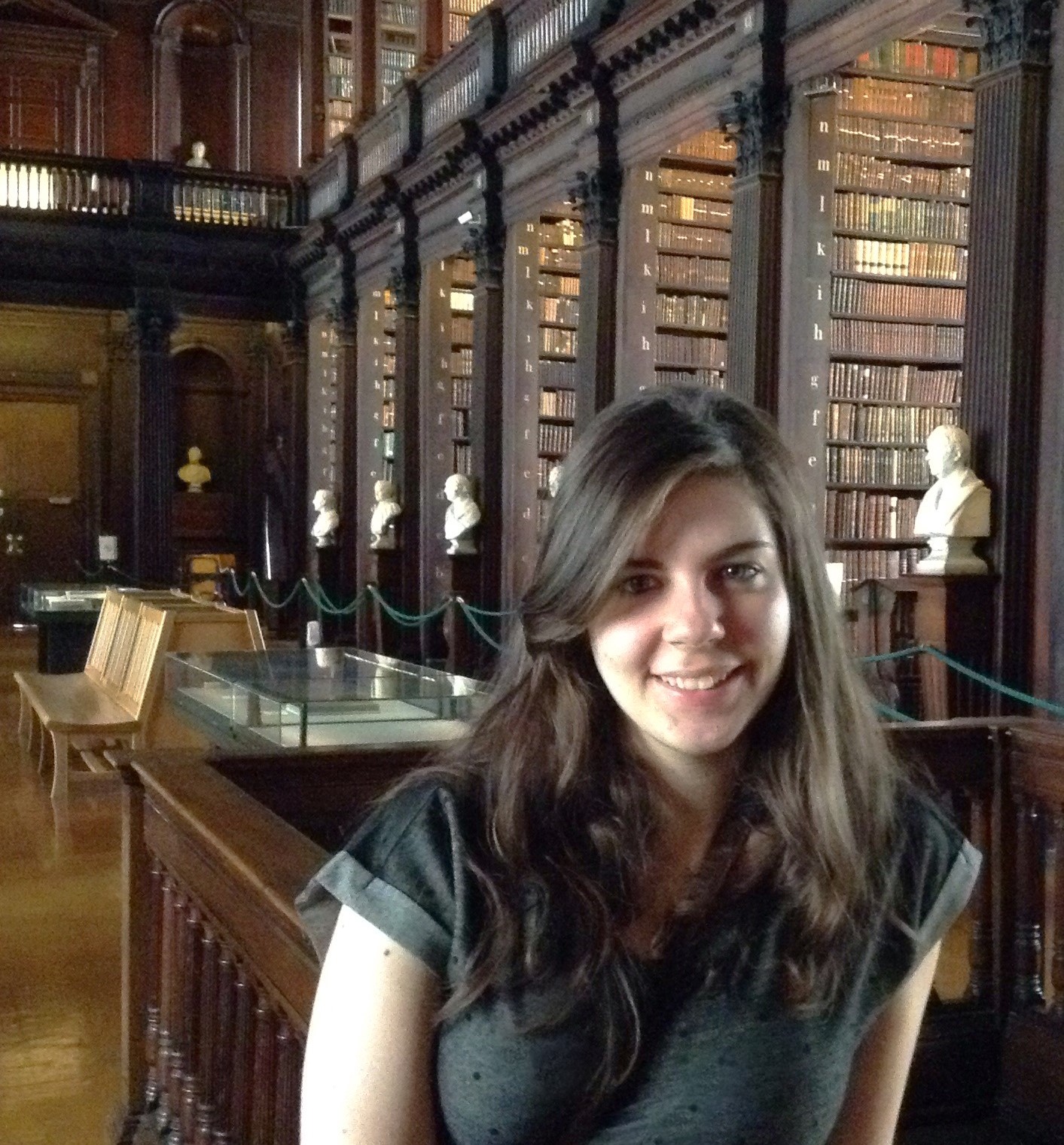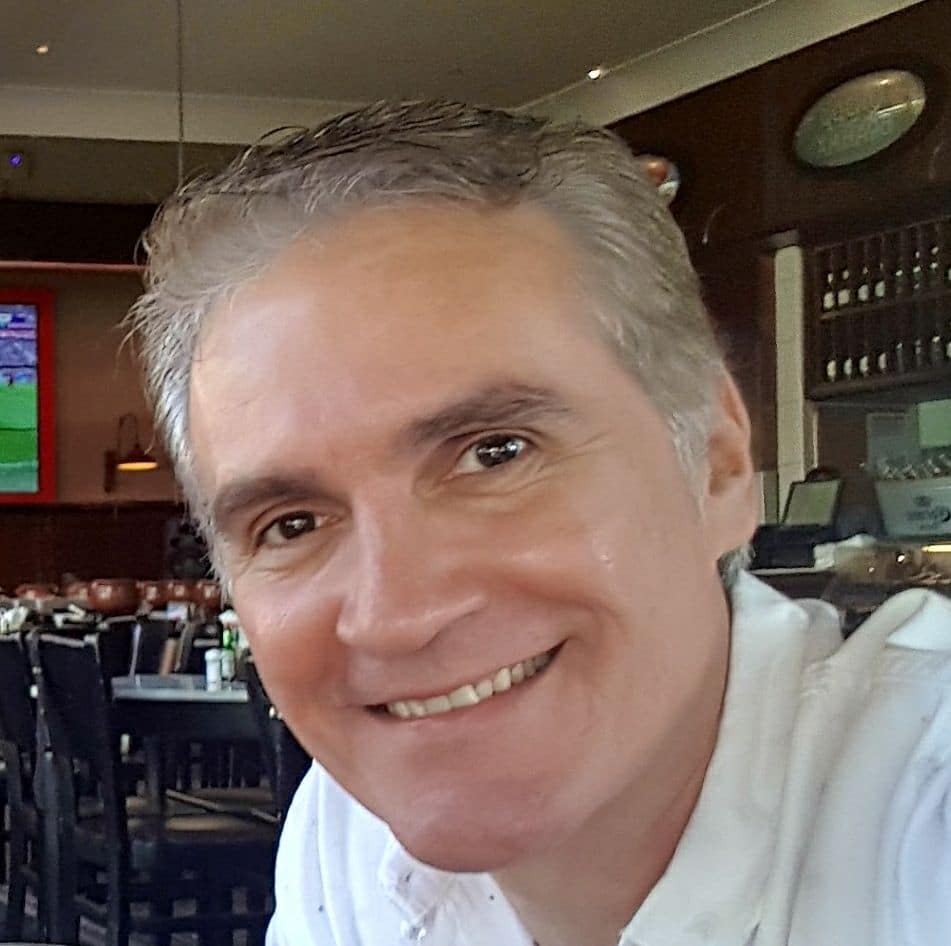Exploratory Practice: Working for Understanding
Exploratory Practice:
“It is an indefinitely sustainable way for classroom language teachers and learners, while getting on with their learning and teaching, to develop their own understandings of life in the language classroom. It is essentially a way for teachers and learners to work together to understand aspects of their classroom practice that puzzle them, through the use of normal pedagogic procedures (standard monitoring, teaching and learning activities) as investigative tools.”
https://www.letras.puc-rio.br/unidades&nucleos/epcentre/index.htm
It was the first day of class after a two-week winter break and I wanted to do something other than the usual first day activities with my group of students aged 12 to 13 years old. After some careful thought, I decided to carry out an activity that I named ‘why this happens in our classes.’ We brainstormed some things that happen in our classes, for example, our ground rules and the activities we carry out in our classes. After doing this, I introduced the concept of puzzles to them. Puzzles are questions we have about something that intrigues us no matter how familiar we may be with something. It’s a simple idea, but we’re always so pressed for time and so busy that we forget to wonder about things, so having some space to wonder is a great way for us to connect with each other and with our learning and teaching as well.
After that, we had a discussion on how important it for us as learners and teachers to think about the reasons why things happen instead of simply assuming that something is true or right without questioning it or just because we are familiar with it.
Having done that, I asked them to form small groups and handed them a sheet of paper and invited them to think of a why question about anything they wanted. Some students claimed they didn’t want to ask anything special, so I invited them to observe the other groups and maybe choose a question.
Next, I explained that they would try to reach an understanding by interviewing their classmates and/or me to get answers. And that was when this question came up:

One group wanted to know why they have to do pair work and group work with different partners and not only with people they choose. So, this group interviewed some other groups and then interviewed me. They then wrote down their findings. We all became researchers.
Sometimes all it takes is a ‘why’ question to understand why things happen the way they do and to build a culture of empathy in the classroom. I always knew that my students usually resented working with classmates other than their ‘besties’ or friends. I am aware that some girls don’t like to sit next to boys and vice versa. However, it’s not always easy to address this in a way that preteens/teens will understand. So, this was a great opportunity for us to discuss the beliefs behind the ‘change places‘ moment in Our ESL classes.
What happened is that I listened to them and they listened to me. They chose to write down my answers and concluded that it made sense to them although, they said, they still resented having to do pair work with people they didn’t feel comfortable with. We concluded that I should compromise and let them work with their friends more often. They also agreed that sitting next to other classmates is good for them. We don’t have to agree with each other all the time. Disagreeing is OK, but we can understand why we do things in certain ways and how they affect others.
A simple idea like this may not seem so simple at first glance:
First, we need to embrace the unexpected: you never know what questions students will come up with. By the same token, you never know what answers they will come up.
Second, we need to reflect on our own teaching to be able to design an activity like this: in language classes most of the time we’re concerned about teaching the language rather than how we view things that happen in class — or own learning and teaching. As Alberto says to Sophie in Gaarder’s Sophie World, “the only thing we require to be good philosophers is the faculty of wonder.” In this noisy, hyperconnected world have we lost the faculty of wonder?
Third, we need time to implement activities that are fun, challenging, and that at the same time help students practice the language and reflect about a certain issue without having to rush to solve it. This is about working for understanding, not working for tackling problems.
That said, teachers should be able to practice their autonomy consciously and make decisions about the content of their lessons. They should also invite their students to make decisions, but when there’s such a huge syllabus to be covered, teachers don’t have time to think about what they are doing and neither do the students. Unfortunately.
Simple projects like this one can contribute immensely to the quality of life in the classroom, as students and teachers begin to understand each other better. It’s something that may not be very visible for parents and school boards in the short term, but it’s something that students will certainly carry over to other contexts.
Exploratory Practice is not an end in itself: It’s just the beginning because teachers and students can carry out research whenever puzzles arise and it doesn’t have to be something big. All it takes is a teacher who sparks curiosity and learners who are willing to understand.
Further reading about Exploratory Practice:
https://www.letras.puc-rio.br/unidades&nucleos/epcentre/index.htm




